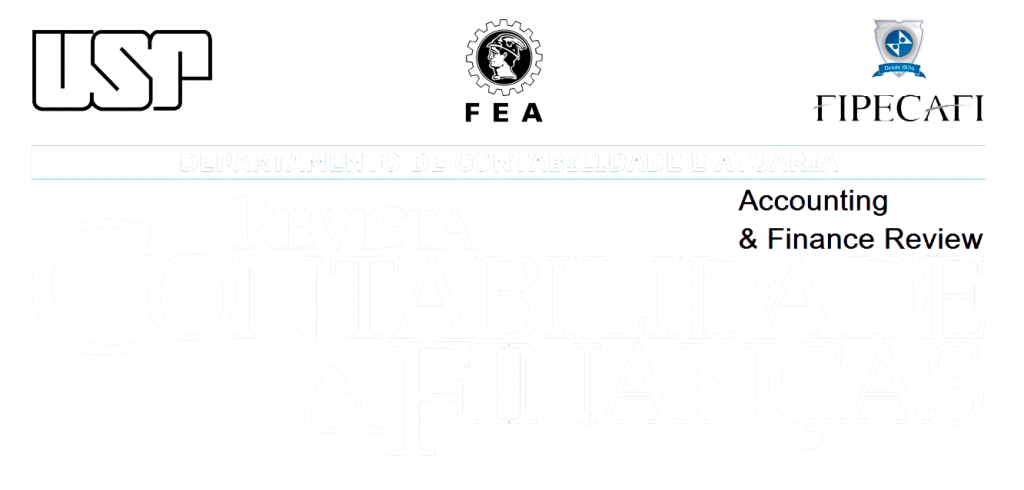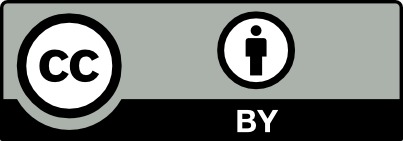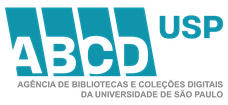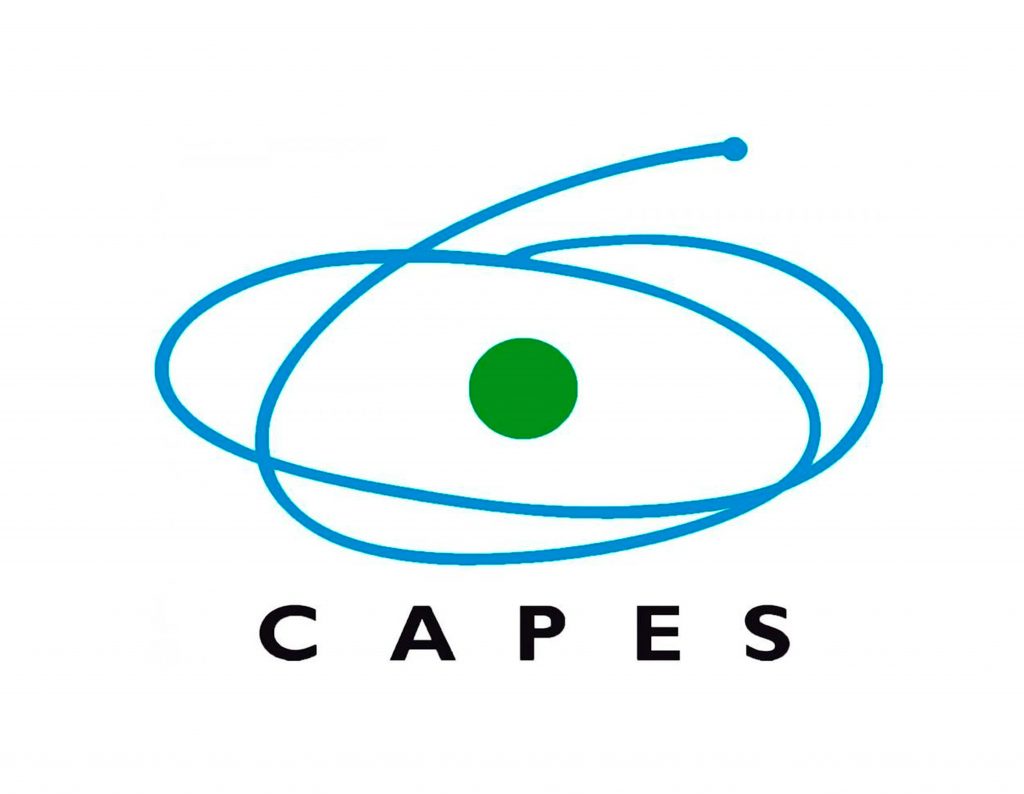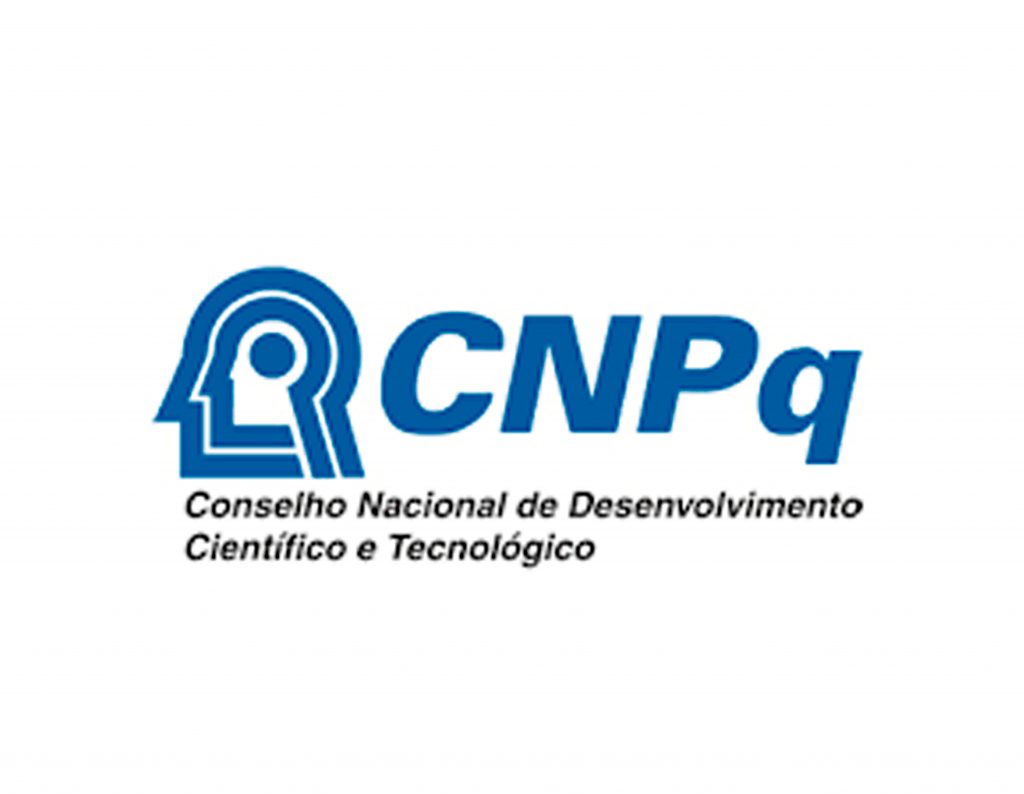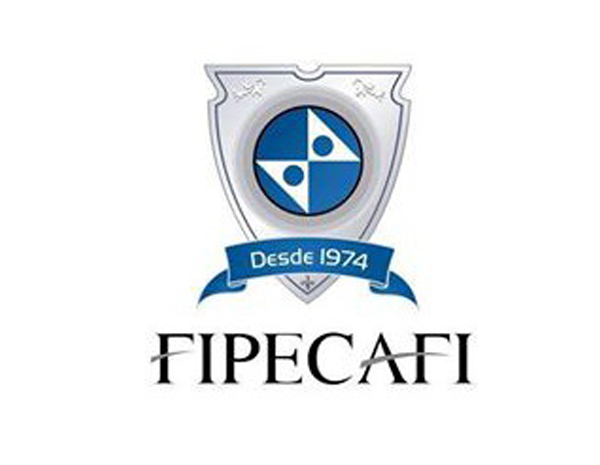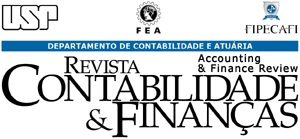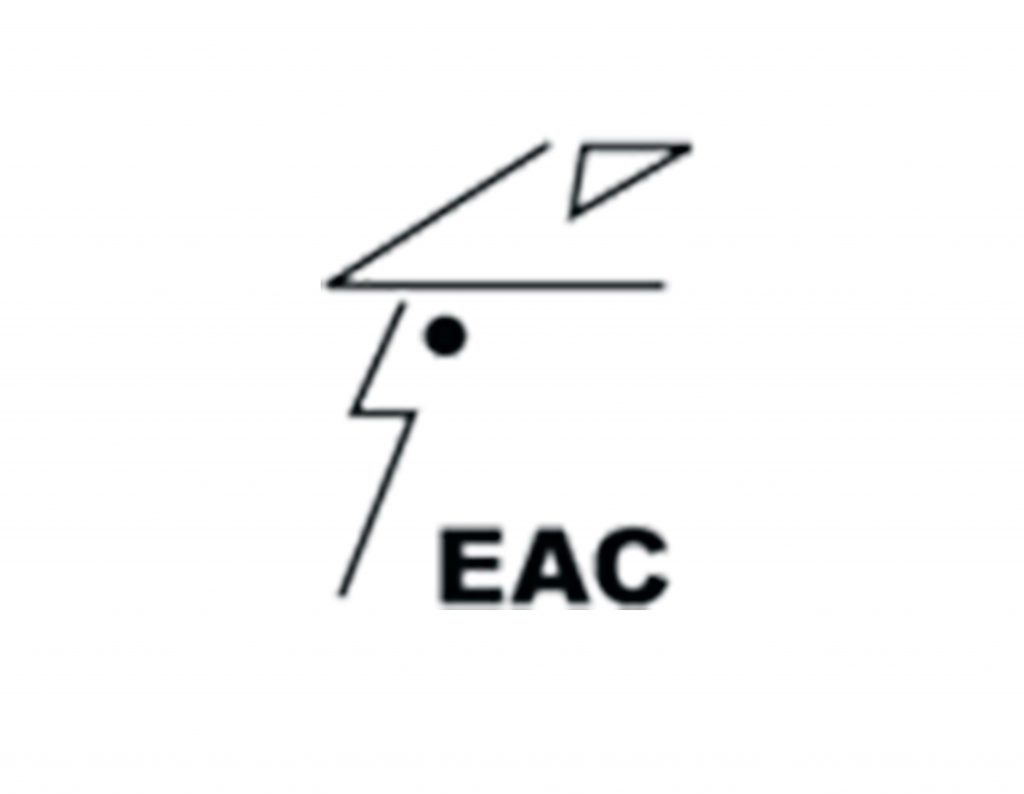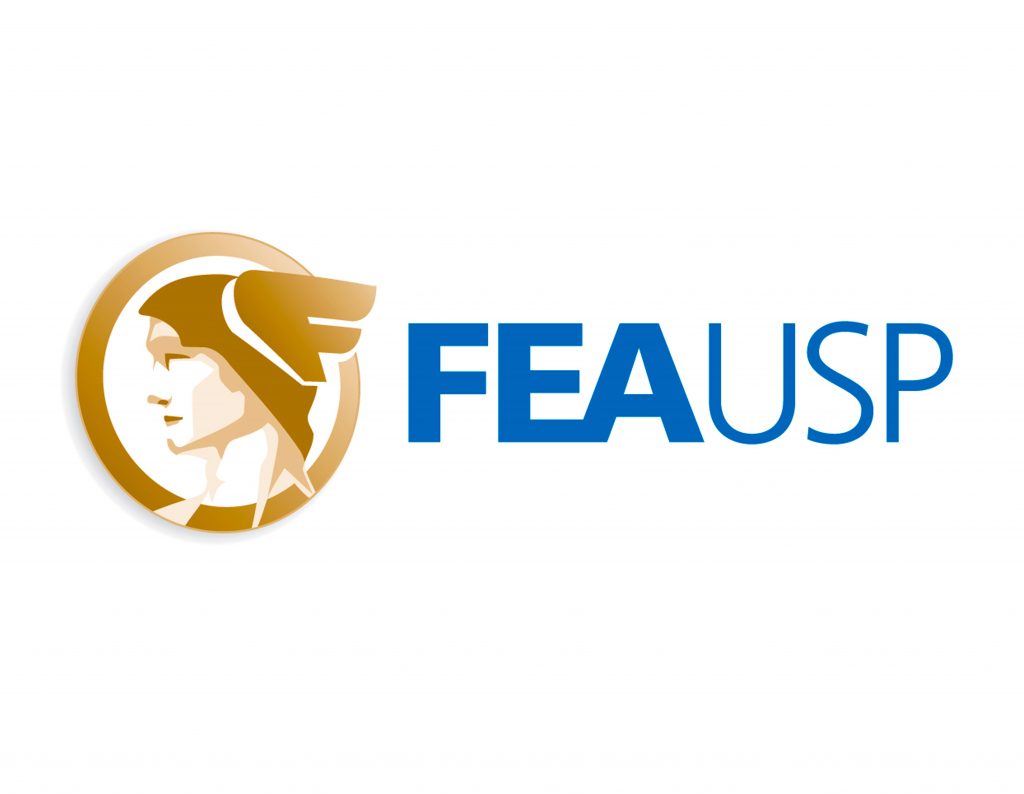Publication ethics policy
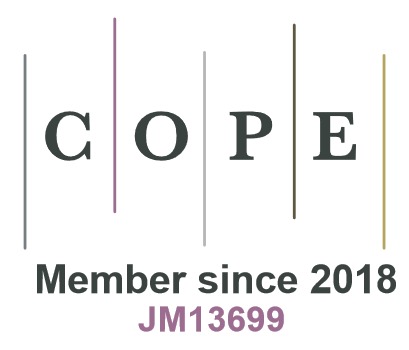
The ethics policy controls the relationships between the various agents in the publication of scientific articles. It is not intended to exhaust the subject, but address the most relevant aspects, also operational, in the relationship between editors, authors, reviewers, readers, and the community as a whole. In this sense, it is in line with guidelines from the Committee on Publication Ethics (COPE) which is an active member, the Scientific Electronic Library Online (SciELO), the Sao Paulo State Research Foundation (FAPESP), and the Brazilian National Association of Research and Graduate Studies in Administration (ANPAD).
It is divided into:
1. Copyright
Upon acceptance of an article, authors will be asked to complete the “Statement of Original Authorship” and “License for Reproducing and Translating a Copyrighted Work.”
2. Creative Commons
The use of a Creative Commons license and CC-BY, always giving credit to the authors and the journal with regard to the research.
3. Research funding
When the research that has led to the submitted article is funded by some organization, this fact should be informed by the authors at the time of submitting the paper, in the system ScholarOne.
4. Conflict of interest
If there is any conflict of interest between authors and any other person or entity, it should be informed by the authors at the time of submitting the paper, in the system ScholarOne.
5. Inadequate practices
In the case of identifying any potential misconduct, such as redundancy, plagiarism, problems regarding the use of databases, conflicts between authors, unexplained conflicts of interest, among others, once unsolved, should be discussed by the editors group. If this fails to solve the issue, a commission from the editors will be created to assess and decide on the issue and its existence and solution shall be reported to the Editorial Board. Internal politics will guide the sequence. In case of any doubts, the authors shall ask the Review by e-mail to the Editor-In-Chief.
Retractions shall be required when material inaccuracies are identified in articles already published.
6. Guidelines for authors, reviewers, and editors
Peer review, in all of its forms, plays a key role in the process to ensure the quality and integrity of academic research. This process largely depends on trust, and it requires that all individuals involved act in a responsible and ethical manner. The Ethical Guidelines of COPE for External Reviewers establish the basic principles and standards to which all reviewers must adhere in the peer review process (http://publicationethics.org). Among the ethical guidelines of COPE, we highlight the following:
External reviewers when deciding whether to accept the submission of an article:
- Should agree to review only those manuscripts for which they have the expertise needed to provide a proper assessment and complying with the deadlines;
- Should observe confidentiality in peer review, without revealing any detail of a manuscript or their review, either during or after the peer review process, in addition to those disclosed by the journal;
- Should not use information obtained during the peer review process for their own benefit, to benefit any other person or organization, or to harm or discredit other individuals;
- Should declare all potential conflicts of interest, asking for information from the Journal in case of any doubt about whether there is a material conflict of interest;
- Should be objective and constructive when issuing their expert opinions, avoiding hostile or provocative attitudes and defamatory or derogatory personal comments;
- Should provide the journal with correct information faithfully representing their expertise;
- Should recognize that using the identity of another individual during the review process is regarded as a serious case of misconduct; and
- Should agree to review a manuscript only if they have reasonable certainty that they can provide an opinion within the proposed or agreed deadline, immediately informing the journal in case of need for a longer period.
External reviewers when and after assessing an article should:
- Inform the journal if they do not have the knowledge required to prepare an expert opinion or, if they can assess only a part of the manuscript, clearly indicate the areas for which they have the knowledge expertise required;
- Declare at any time potential conflicts of interest (which may be personal, financial, intellectual, professional, political, or religious, among others), asking for journal guidelines if they are not sure whether something is characterized as a conflict of interest;
- Refuse reviewing in case a manuscript’s content is very similar to a study they have been preparing or have submitted to another journal;
- Read the manuscript, additional materials (such as instructions to reviewers, statements of ethics, and policies required, supplementary files, among others), and in-depth journal instructions, contacting the journal in case something is not clear and requesting any missing or incomplete items they need to provide a comprehensive expert opinion;
- Avoid involving anyone else in the review of a manuscript, including researchers they have been tutoring, without the journal’s permission; the names of any individuals who have helped in preparing the expert opinion should be included in it to be related to the manuscript in the journal’s records so that they can also receive the credits due for their efforts;
- During a blind review, in case there is suspicion about the identity of the author(s), notify the journal if this information causes any potential conflict of interest;
- Immediately notify the journal in case of finding any irregularities, if concerned about the ethical aspects of a paper, if aware of a considerable similarity between the manuscript and a concurrent submission to another journal or previously published article, or if suspecting misconduct during the research or preparation and submission of a manuscript; however, the reviewers should keep their concerns private and do not carry out any investigation in person, unless the journal requests additional information or advice;
- Ensure their review is based on the paper’s merits, with no influence, either in a positive or negative sense, of any conflicting considerations with regard to personal and financial issues or intellectual biases;
- Be specific in their criticism and include evidence, with appropriate references to support general statements, such as “this work has been previously conducted,” in order to help editors in their assessments and decisions, as well as be fair towards the authors;
- Remember the manuscript belongs to the authors and avoid trying to rewrite it according to their own stylistic preferences if the text is clear; however, suggestions for changes to improve clarity are significant;
- Consider sensitivities related to idiomatic issues when the authors write in a language that is not their mother language and prepare the feedback appropriately and with due respect;
- Ensure that comments and recommendations to the editor are consistent with their expert opinion towards the authors; most of their feedback should be included in the expert opinion towards the authors;
- Avoid suggesting the authors include citations to any reviewers’ study (or their partners’) just to increase their citation count or to increase the visibility of their work; any suggestions should be based on valid academic or technological reasons;
- In case the reviewer is the journal editor and decides to prepare an expert opinion on it, she/he should do it in an overt instead of a covert way, e.g. as an anonymous expert opinion.
- Keep the details of a manuscript and their review confidential; and
- Try to meet the journal’s needs in order to assess reviews or re-submissions of manuscripts previously reviewed by them.
Guidance for cases of human data collection through surveys, interview and experiments
In cases of human data collection through surveys, interview and experiments, it is essential for the authors to request consent to use the data before the answers are given. Similarly, it is essential for the researchers to keep the individual’s data confidential from any other agents. The researchers are entirely responsible for the storage and destination of the data and should ensure they are kept confidential.
Any need for additional clarification may be asked to the Editor-in-Chief and the Editorial Team (recont@usp.br).
